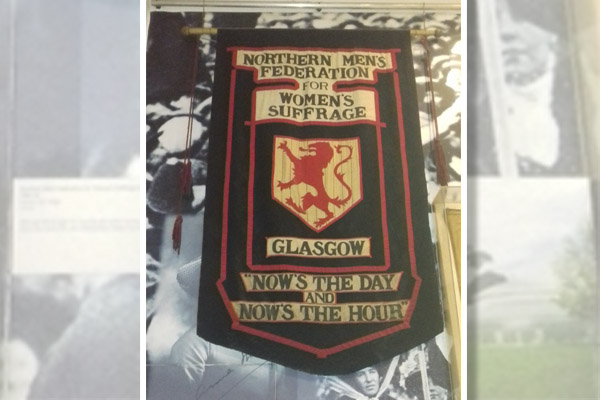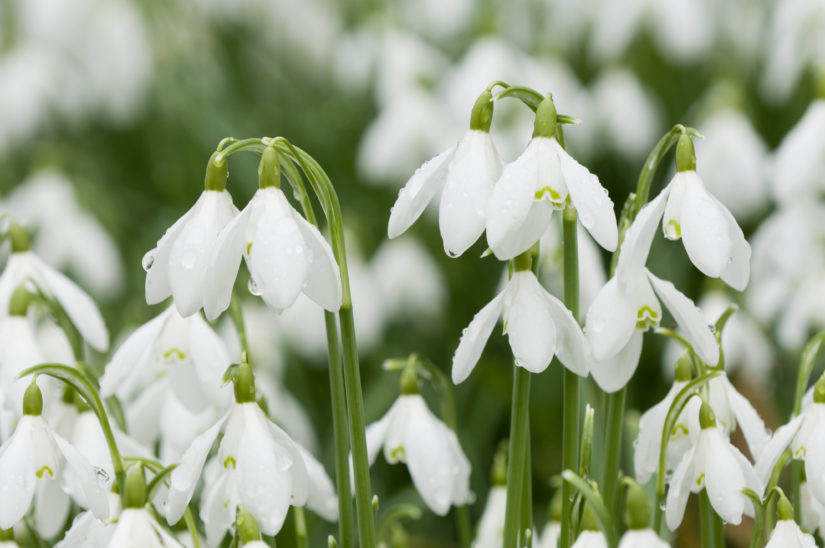Poetry Prompt: Acrostic Poetry

You might remember Acrostic poetry from school or from teaching an English class.
It’s perfect for a quick poetry lesson — and fun to write silly poems about friends using their name!
All you need to do is write a poem where the first letter of each line forms a word (or more than one word) when you read it vertically.
Ancient origins
I’ve always liked the word “acrostic”, so I looked it up. It comes from the Greek words “akros”, meaning “outermost”, and “stichos”, meaning “line of verse”. Makes sense!
I always thought of Acrostic poetry as a fairly new form. But it’s actually thousands of years old, and was used by Ancient Greek and Latin writers.
For example . . .
In searching for an example, I came across a timely one — William Blake’s poem “London” features an Acrostic verse, and was written about the plague . . .
But let’s go with something a bit cheerier!
The poem below was written by Lewis Carroll, and spells out the name of the inspiration for his famous “Alice” books — Alice Pleasance Liddell.
It was published at the end of “Through The Looking-Glass”.
I’ve highlighted the first letter of each line to make the name easier to spot.
A Boat, Beneath a Sunny Sky
A boat, beneath a sunny sky
Lingering onward dreamily
In an evening of July—
Children three that nestle near,
Eager eye and willing ear,
Pleased a simple tale to hear—
Long has paled that sunny sky:
Echoes fade and memories die:
Autumn frosts have slain July.
Still she haunts me, phantomwise,
Alice moving under skies
Never seen by waking eyes.
Children yet, the tale to hear,
Eager eye and willing ear,
Lovingly shall nestle near.
In a Wonderland they lie,
Dreaming as the days go by,
Dreaming as the summers die:
Ever drifting down the stream—
Lingering in the golden gleam—
Life, what is it but a dream?
Breaking it down
As you can see, you can break up the words however you want to between the verses. As long as it spells a word, you’re good to go!
It also doesn’t matter whether you use a rhyming scheme or not.
And you don’t need to stick too closely to your chosen theme either.
Brainstorm it and see if you can come up with a different angle!
In “London”, William Blake only uses Acrostic in one verse rather than the whole poem. See what fits!
Your turn!
For your poetry prompt this week, try writing a poem using the first name of a friend or loved one.
And, if you fancy a challenge, try a whole sentence!
For more of Abbie’s Poetry Prompts, click the tag below.
For more great “Friend” fiction content, click here.










